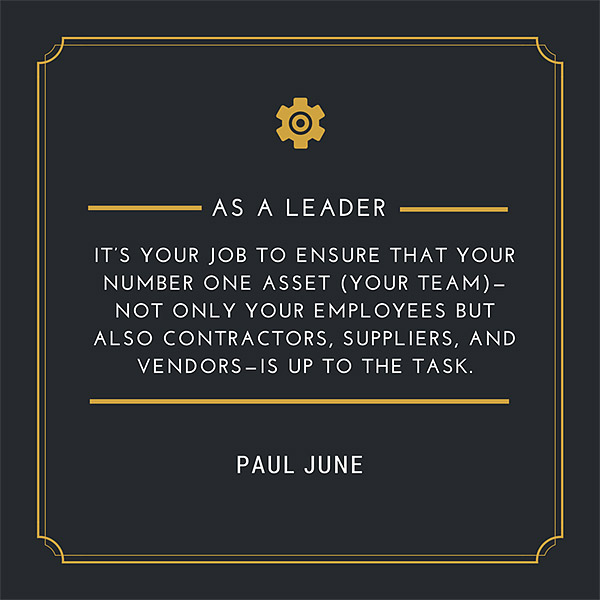One of my long-time brand “heroes” let me down over the holidays. No, it wasn’t the fact that the item I ordered didn’t make it in time for Christmas, though that was the case. Nor was it the fact that this long-time ecommerce vendor failed to plan adequately for the inevitable holiday deluge of orders. Nor did I think this vendor’s $25 win-back gift was too meager.
That wasn’t it at all.
What really let me down is that instead of just saying, “We screwed up. Sorry! How can we make it right?” this company’s founder and CEO, in a wordy email sent on Christmas Day to thousands of affected customers wrote that, essentially, “We screwed up, but it was not our fault.”
Instead of taking full responsibility for the problem, the CEO chose to blame others.

I’ll be the first to admit that things go wrong and stuff happens. Nobody and no situation is perfect. No one is infallible. But when you are the leader—and in this case the leader of a very popular, trendy brand founded in 2000 (which in this day-and-age is a lifetime ago), that has been featured in national and international media—ultimately the buck stops with you. Period.
Yes, I understand you tried your best, that demand exceeded expectations, and that your team—stretched thin as it was—literally scrambled to make it all work out (and nearly succeeded). I also understand that you were working with new vendors and new suppliers, and that not all of them met their contractual obligations to you, which caused most, if not all, of the problems.
I understand all of that . . .
But ultimately, as leader you are responsible. It’s your job to ensure that your number one asset (your team)—and I include in this not only your employees but also contractors, suppliers, and vendors—is up to the task. If they fail to deliver, it’s not their fault—it’s yours for failing to plan adequately and to vet them properly.
Further, you should never, ever air your organization’s dirty laundry so openly with the public. Internal failures should remain internal.
How would you like to work with a CEO so quick to throw his or her team under the bus? Would that motivate you to work harder or better in the future? This kind of public blame inevitably leads to team dissension, distrust, and disharmony . . . which doesn’t bode well for the future of this company if left unchecked.
Will I give this vendor another shot? Probably. After all, doesn’t everybody deserve a second chance?
In the close to the email, the CEO told me to “rest assured the problem has been fixed.” I wonder, though, has it really?
I responded to the email, one senior level executive to another, expressing many of my sentiments outlined above. I urged the CEO to read my reply with an open mind. Why? Not because I was trying to show the CEO up or come off as preachy, but because I sincerely believe our biggest learnings come from failure (and failing fast in order to learn quickly from our mistakes) . . . and no CEO worth his or her own salt is ever too big or too successful to fail or to learn.
Here’s to hoping this CEO fails fast!
From senior execs at Twitter and Amazon and Threadless, to Facebook and Starbucks and countless others, leadership inspiration abounds . . . yet no one is immune to failure, not even yours truly at Barrel O’ Monkeyz. It’s how you respond to that failure that truly defines you as a leader.
Where will your leadership take you and your team in 2015?

Trackbacks/Pingbacks